
General Guide About Content and Writing
Professors and students alike use reference management software. When they’re...
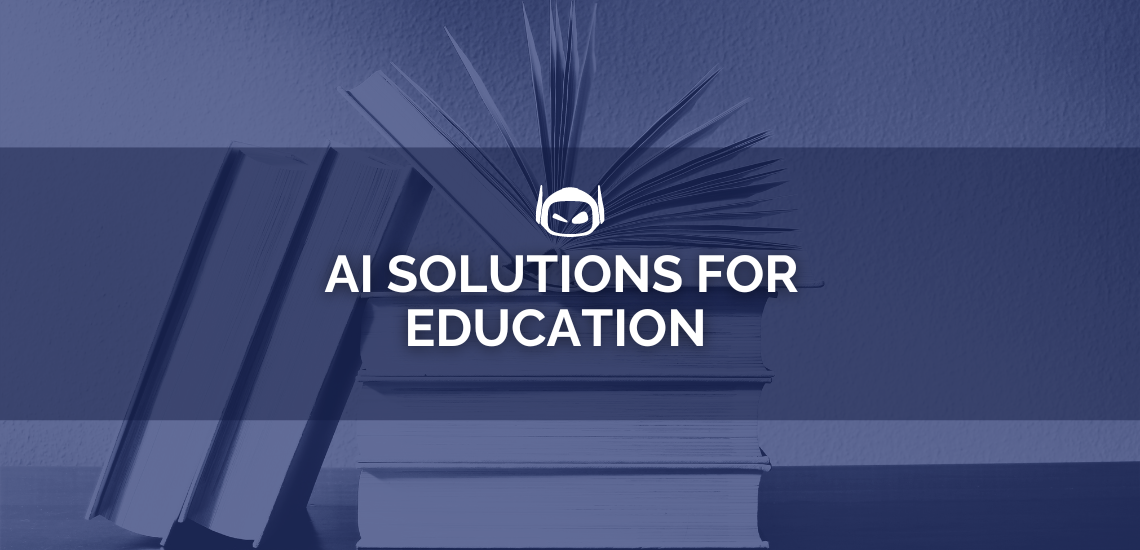
General Guide About Content and Writing
Do you feel like teachers are overwhelmed by the sheer...

AI text generation technology is developing at a rapid pace....

General Guide About Content and Writing
Do you want to know how AI affects education to...

General Guide About Content and Writing
AI in EdTech is advancing at a rapid pace, and...
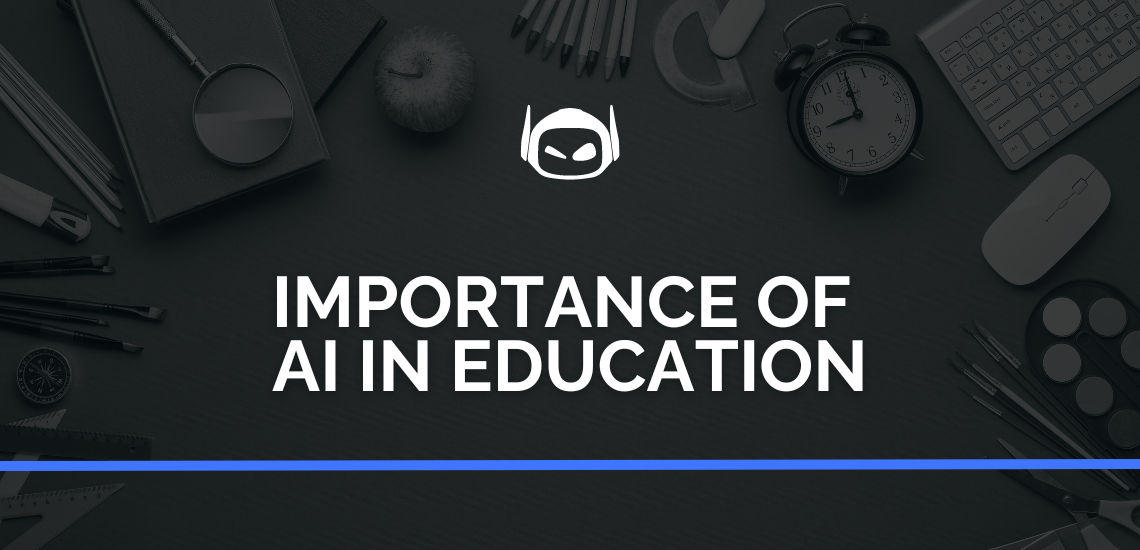
General Guide About Content and Writing
The importance of AI in education is growing as the...
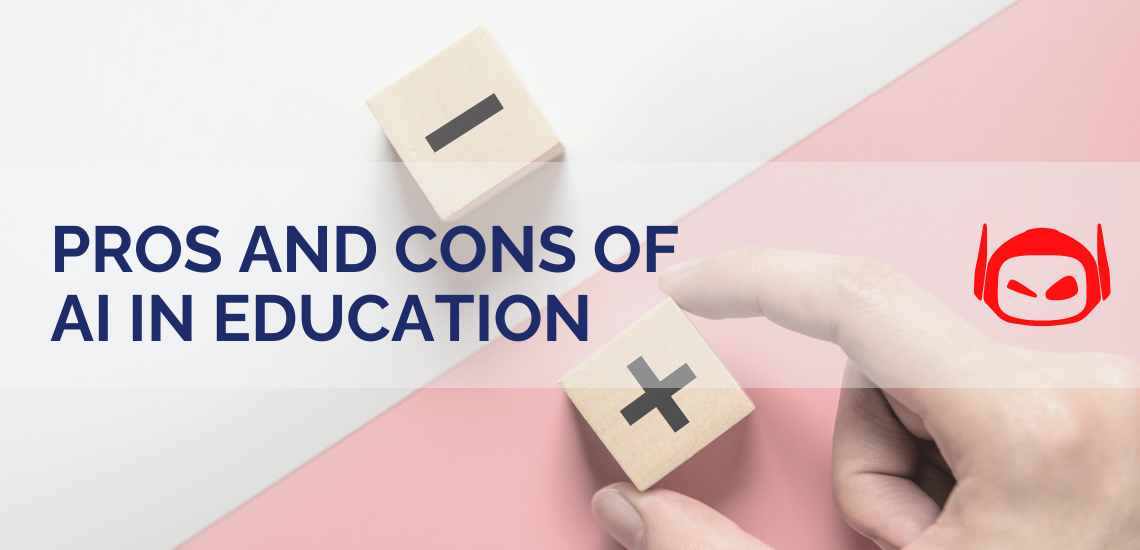
Are you wondering if you should add AI to improve...
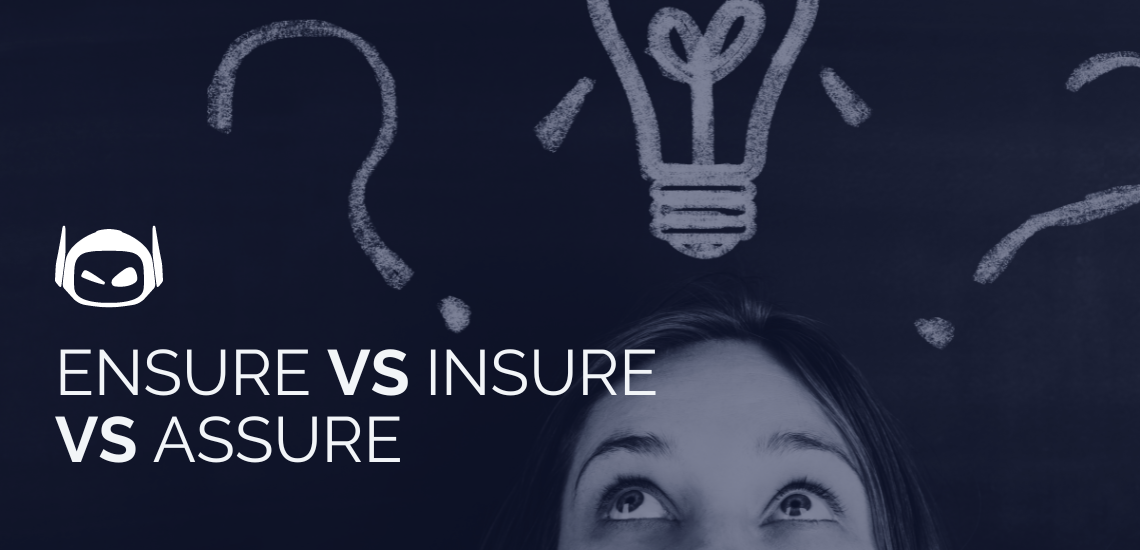
General Guide About Content and Writing
How often have you mixed up the three words “ensure,...
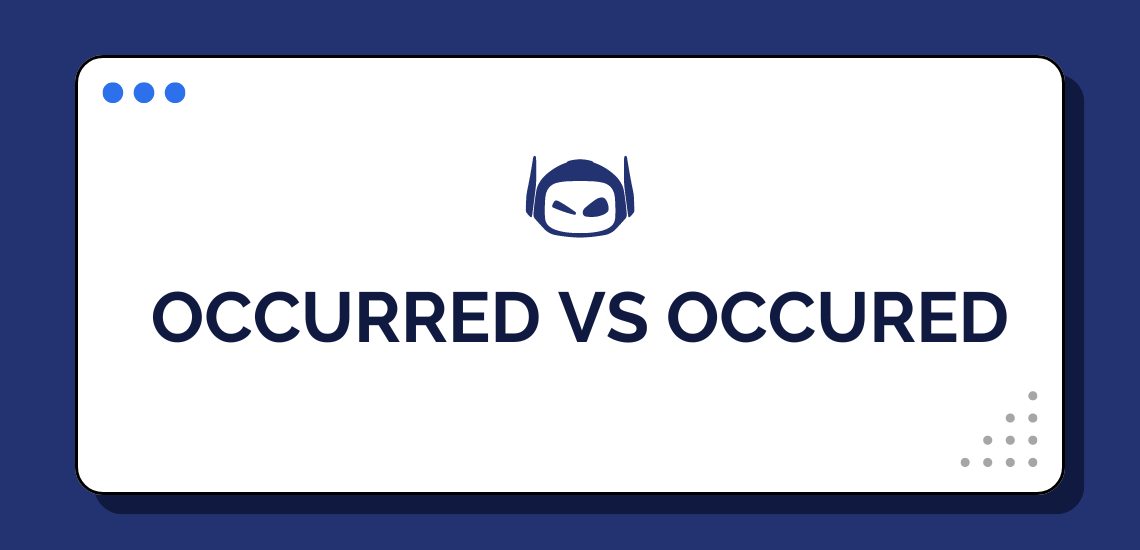
General Guide About Content and Writing
It’s easy to use the wrong spelling with so many...
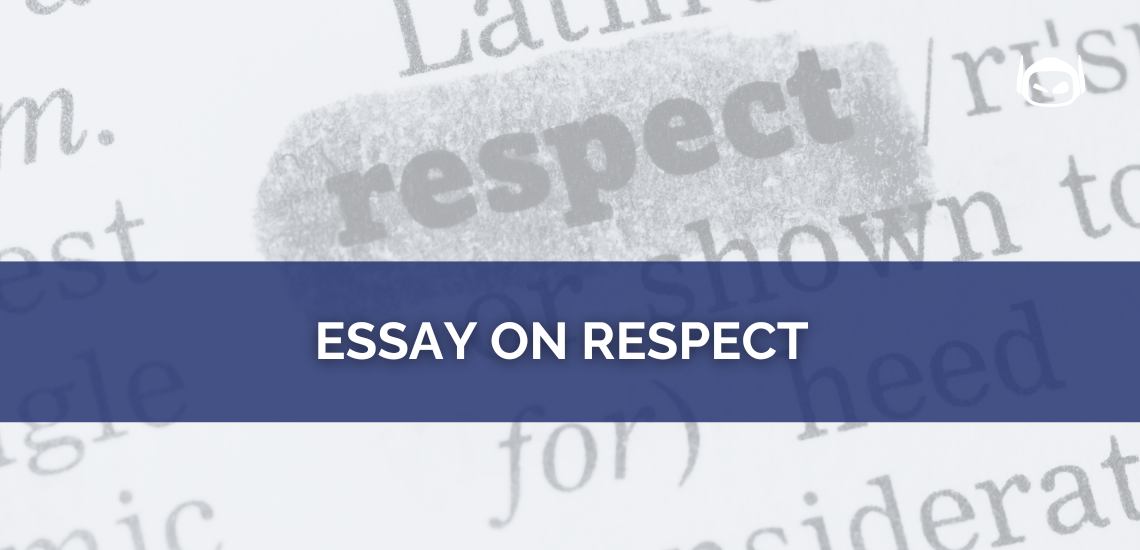
Step-by-Step Instructions for Writing
Did you receive an assignment about writing an essay on...